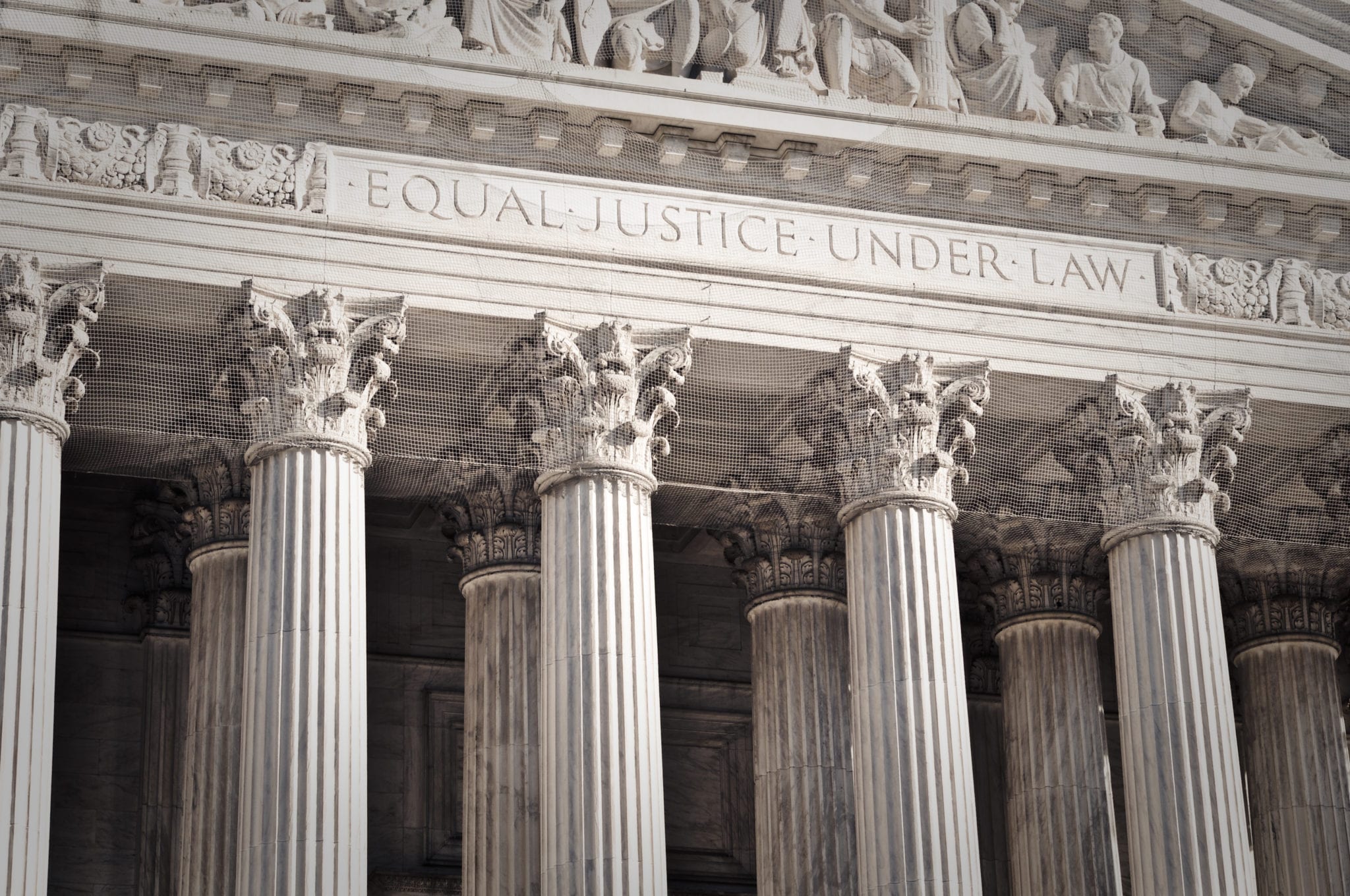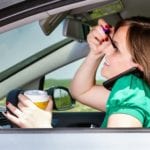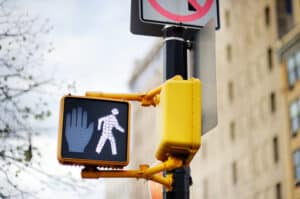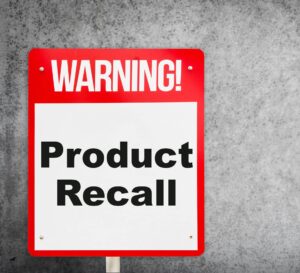
Res ipsa loquitur in Georgia
Imagine you are driving on I-75 heading to work. You find yourself following a convoy of large trucks. The latch holding the back door closed loosens on one of the trucks, causing the back door to open. The truck is carrying large containers. Once the back door is fully opened, large containers start falling out of the back. One container slams into and breaks your windshield, causing you to suddenly hit the brakes. Your car spins out of control and hits another car and then the cement guard rail. As a result, you suffer injuries and your car is a total loss.
A similar story occurred in England approximately 150 years ago. A man was walking down a public street minding his own business. As he passed a store that sells flour, a barrel of flour fell from the store’s second story loft and hit him in the head, injuring him. This is the case of Byrne v. Boadle from 1863. In that instance, the plaintiff was unable to prove that the flour store breached its duty of care, which is an element of negligence. Nonetheless, the Court ruled that the defendant is responsible for the plaintiff’s injuries due to the tort doctrine of res ipsa loquitor, which means the thing speaks for itself. This doctrine infers a defendant’s negligence based on the events. Georgia law recognizes this doctrine.
Note that this doctrine does not prescribe guilt upon a defendant; instead, it makes a rebuttable presumption that the defendant was negligent. If a plaintiff demonstrates that the events clearly point to negligence, the plaintiff need not prove the elements of negligence; instead, the onus shifts to the defendant to prove that there was no negligence. In the above example, a court would likely infer negligence, thereby placing onus on the truck driver to prove that there was no negligence.
The Doctrine
The determination that some outcomes may be more probative of unacceptable behaviors underpins the doctrine of res ipsa loquitur. It permits a finding of negligence, based on the second Restatement of Torts, when “the accident causing the plaintiff’s harm is a type of accident that ordinarily happens as a result of the negligence of a class of actors of which the defendant is a relevant member.” The doctrine allows the plaintiff to infer negligence despite not alleging or proving that the defendant committed a specific negligent act.
Other examples of res ipsa loquitur are when a surgical team leaves a sponge or other surgical equipment in a person’s body, when a vehicle hits livestock on an urban street, and where a car veers off an empty road. A jury may find that the doctor, livestock owner or driver are liable without knowing any more about the case.
Georgia Law
The Georgia Jurisprudence of Personal Injury and Torts explains that “Res ipsa loquitur is a rule of evidence that permits an inference of negligence to arise from the happening of an event causing an injury; however, it is only applicable where it is shown that the defendant owns, operates, and maintains, or controls and is responsible for the management and maintenance of, the thing doing the damage and that the accident is a kind that, in the absence of proof of some external cause, does not ordinarily happen without negligence.”
Georgia courts have applied the doctrine of res ipsa loquitur. However, those courts caution that a thorough examination of the facts must determine that there is no other way for the injury to occur absent negligence.
Contact us
If you have been injured in an accident, contact a lawyer who will zealously fight to get you just compensation. If you have questions or would like to discuss your case, please call Joel Williams in Kennesaw, Georgia today at 833 – LEGALGA for a free consultation.






